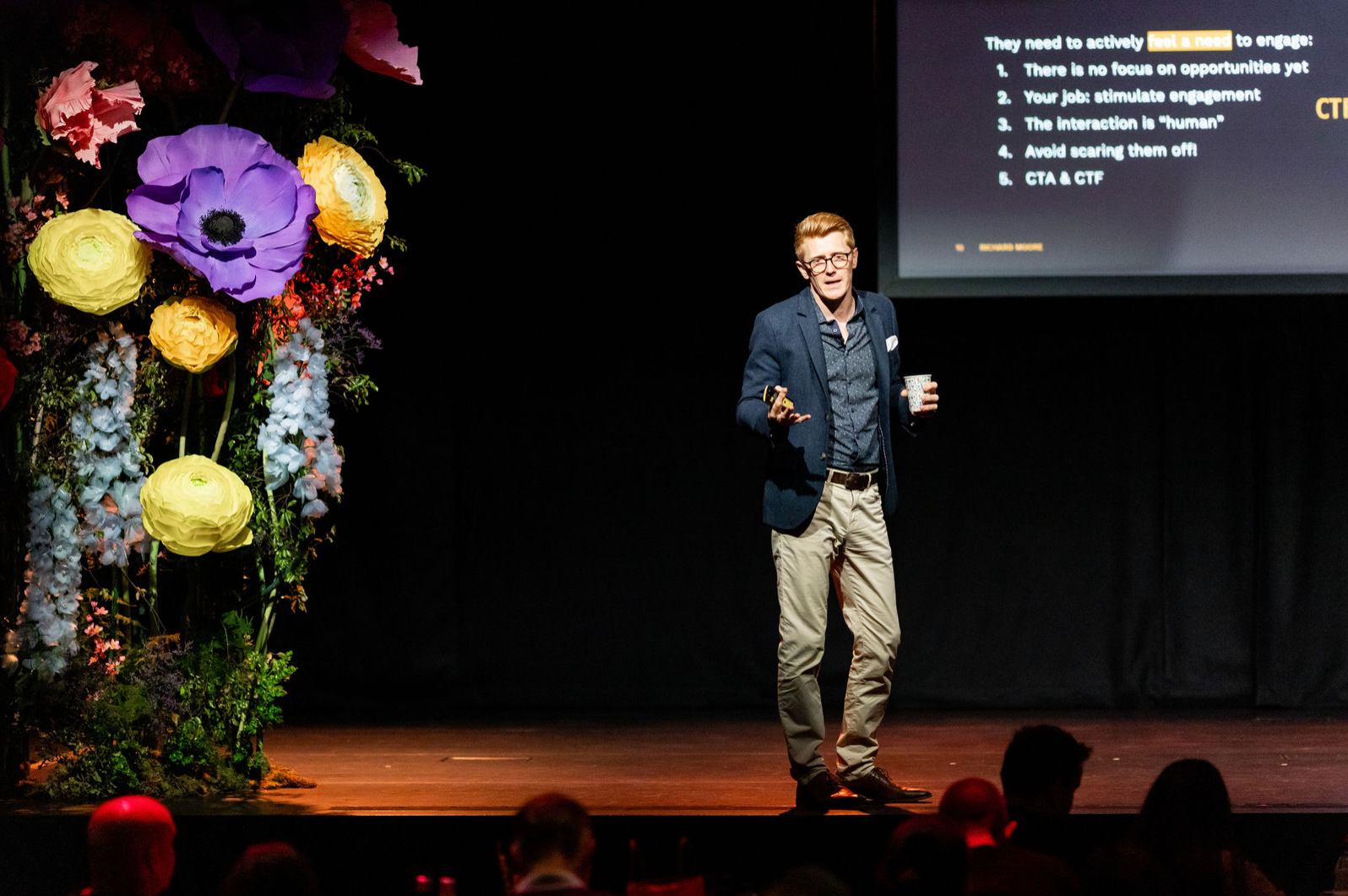Unlocking the Hidden Potential in Your Underperforming LinkedIn Posts
Why your "worst" posts might be your most valuable assets
Did you know that only 0.1% of people use Shield analytics like I do? It's a surprising statistic, considering the wealth of insights this tool can provide. But the problem isn't with the tool itself. It's with the way most people are taught to use it.
Most LinkedIn gurus will tell you to use Shield to identify your best-performing posts, then simply copy and repost them to replicate their success. But what if I told you there's a better way? A way that not only maximizes the value of your top-performing content but also breathes new life into your underperforming posts?
Reimagining Your Approach to LinkedIn Analytics
Let’s start by challenging the conventional wisdom. Yes, your best-performing posts are valuable. But so are the ones that didn’t quite hit the mark. They may not have captured your audience’s attention, but that doesn’t mean they didn’t make a good point. In fact, they might just need a little tweaking to shine.
Identifying Underperforming Content
The first step in my approach is to actively search for the content that didn’t perform well. These are the posts that crashed and burned, the ones that didn’t get the engagement I was hoping for. But instead of dismissing them, I see them as opportunities for improvement.
So, I re-read these posts, looking for the valuable nugget of insight that I know is there. And more often than not, I find it. The point I was trying to make was solid; it was just the execution that was off.
Revamping Your Content
Once I’ve identified the valuable insight in my underperforming post, I copy the text and paste it into a new post. Then, I start the revamping process. This usually involves improving the hook, which is often the main culprit behind a post’s poor performance. A compelling hook can make all the difference in capturing your audience’s attention and drawing them into your content.
I also make any necessary tweaks to the layout or wording. The goal here is to make the content as engaging and easy to consume as possible. Finally, I add a powerful conclusion that leaves a lasting impression on the reader.
Reaping the Rewards of Your Revamped Content
After revamping my underperforming post, I repost it. And more often than not, it thrives. What was once a runty, overlooked post is now a powerful piece of content that resonates with my audience.
Discovering the Value in Your Underperforming Posts
By taking this approach, I’ve discovered that there’s a whole reservoir of value in my underperforming posts. Even the ones that initially seemed like failures have the potential to become successful with a little bit of work.
So, I encourage you to dig into your own content archives. Find those underperforming posts and give them the attention they deserve. You might be surprised at the gems you uncover.
Transforming Your Content Strategy
Adopting this approach has transformed my content strategy. Instead of focusing solely on replicating the success of my top-performing posts, I’m now able to extract value from all of my content. And in doing so, I’ve not only improved the quality of my posts but also increased my overall engagement.
So, don’t be afraid to challenge the conventional wisdom. There’s more than one way to use LinkedIn analytics, and the path less traveled might just lead you to greater success.
Final Thoughts
Remember, your best work isn’t always the content that performs the best. Sometimes, it’s the post that didn’t quite hit the mark the first time around. But with a little bit of work and a fresh perspective, you can turn that underperforming post into a piece of content that truly shines.
Embrace the Process
So, embrace the process. Learn from your failures. And most importantly, never stop improving. Because in the world of content creation, there’s always room for growth.
And yes, of course, I still repost my top performers too. But now, they’re just one part of a much larger, more comprehensive content strategy.
Keep Pushing Forward
So, keep pushing forward. Keep experimenting. And keep finding new ways to extract value from your content. Because in the end, that’s what will set you apart in the crowded world of LinkedIn.
And remember, even your weakest post has the potential to become your strongest. You just have to give it the chance to shine.
APPLY FOR THE LINKEDIN CLIENT ACCELERATOR
To ensure the best fit and deliver optimal results, interested individuals are required to apply for the LinkedIn Client Accelerator. This personalized approach allows us to understand each participant's unique goals and determine if the program can effectively support your growth on LinkedIn.


